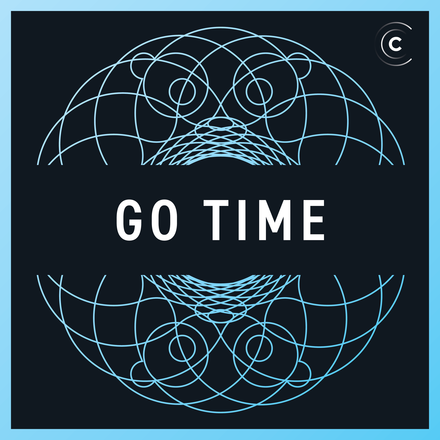Do devs need a product manager?
What is a Product Manager, and do Engineers need them? In this episode, we will be discussing what a Product Manager does, what makes a good Product Manager, and debating if engineering teams truly need them, with some tech companies going without them. We are joined by Gaëlle Sharma, Senior Technical Product Manager, at the New York Times, leading the Identity group.

